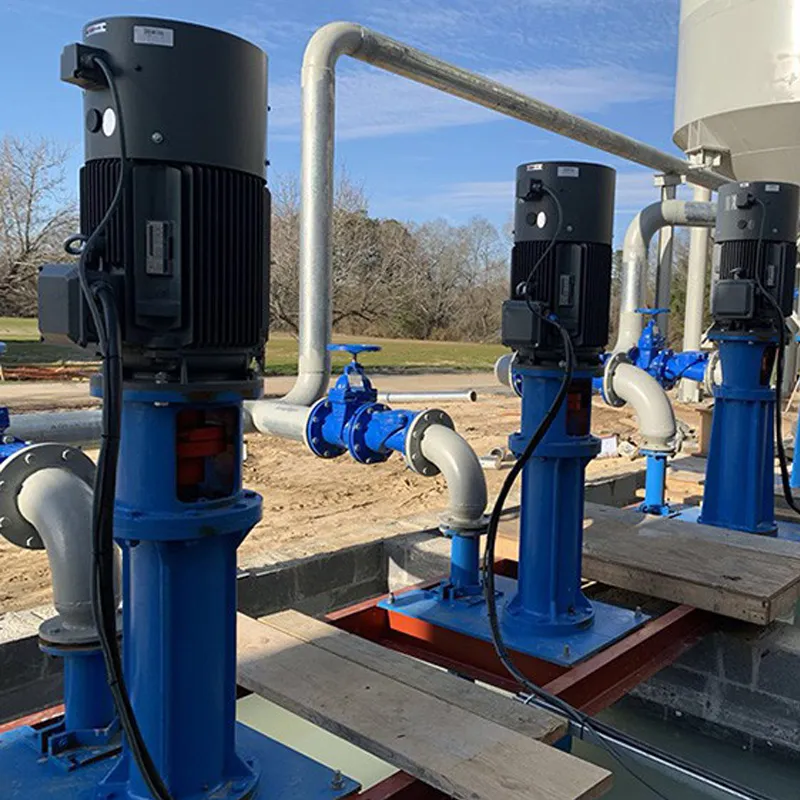Corsican
- Afrikaans
- Albanian
- Amharic
- Arabic
- Armenian
- Azerbaijani
- Basque
- Belarusian
- Bengali
- Bosnian
- Bulgarian
- Catalan
- Cebuano
- Corsican
- Croatian
- Czech
- Danish
- Dutch
- English
- Esperanto
- Estonian
- Finnish
- French
- Frisian
- Galician
- Georgian
- German
- Greek
- Gujarati
- Haitian Creole
- hausa
- hawaiian
- Hebrew
- Hindi
- Miao
- Hungarian
- Icelandic
- igbo
- Indonesian
- irish
- Italian
- Japanese
- Javanese
- Kannada
- kazakh
- Khmer
- Rwandese
- Korean
- Kurdish
- Kyrgyz
- Lao
- Latin
- Latvian
- Lithuanian
- Luxembourgish
- Macedonian
- Malgashi
- Malay
- Malayalam
- Maltese
- Maori
- Marathi
- Mongolian
- Myanmar
- Nepali
- Norwegian
- Norwegian
- Occitan
- Pashto
- Persian
- Polish
- Portuguese
- Punjabi
- Romanian
- Russian
- Samoan
- Scottish Gaelic
- Serbian
- Sesotho
- Shona
- Sindhi
- Sinhala
- Slovak
- Slovenian
- Somali
- Spanish
- Sundanese
- Swahili
- Swedish
- Tagalog
- Tajik
- Tamil
- Tatar
- Telugu
- Thai
- Turkish
- Turkmen
- Ukrainian
- Urdu
- Uighur
- Uzbek
- Vietnamese
- Welsh
- Bantu
- Yiddish
- Yoruba
- Zulu
Telephone: +86 13120555503
Email: frank@cypump.com
Oct . 22, 2024 07:49 Back to list
Efficient Solutions for Clean Water Supply Pumps and Systems
The Importance of Potable Water Pumps in Modern Society
In today’s world, access to clean and safe drinking water is a fundamental human right. With the increasing population and industrial demand, providing potable water has become a significant challenge for many regions. Among the various technologies developed to ensure access to clean drinking water, potable water pumps play a crucial role. These pumps are not only essential for delivering water to homes and businesses but also for maintaining public health and support sustainable development.
Understanding Potable Water Pumps
Potable water pumps are specially designed pumps that transport non-contaminated water suitable for drinking and cooking. They come in a variety of forms, including submersible pumps, centrifugal pumps, and diaphragm pumps, each serving distinct purposes based on the water source, location, and infrastructure. These pumps often feature materials resistant to corrosion and biological growth, ensuring that the water remains safe for consumption.
The Role of Potable Water Pumps in Water Supply Systems
The primary function of potable water pumps is to move water from sources such as rivers, lakes, and groundwater to water treatment facilities and ultimately to consumers. Once the raw water is extracted, robust water treatment processes are crucial in eliminating harmful contaminants. After purification, potable water pumps distribute this clean water through an extensive network of pipes to households, schools, hospitals, and businesses.
The efficiency and reliability of potable water pumps are vital for the overall functionality of water supply systems. In many urban areas, these pumps help maintain adequate water pressure, ensuring that water reaches every tap efficiently. In rural areas, where water sources may be distant, portable and solar-powered pumps provide a sustainable solution for local communities.
Addressing Water Scarcity and Accessibility
Water scarcity affects more than 2 billion people worldwide. As climate change exacerbates this issue, the importance of implementing efficient water management practices becomes even more critical. Potable water pumps are key in addressing these challenges by facilitating the extraction and distribution of water from often underutilized sources.
potable water pump

In regions suffering from drought or insufficient rainfall, pumps can draw groundwater, which often contains essential minerals. However, over-extraction can lead to depletion of aquifers, highlighting the need for responsible management practices. Innovations in pump technology, such as smart pumping systems with sensors and controls, can optimize water usage and help prevent wastage.
Protecting Public Health
The impact of potable water pumps extends beyond mere logistics; they are integral to public health. Inadequate water supply and contaminated water sources can lead to severe health crises, such as outbreaks of cholera, dysentery, and other waterborne diseases. By ensuring the continuous supply of clean drinking water through effective pumping systems, communities can safeguard their health and enhance quality of life.
Moreover, potable water pumps can be deployed in emergency situations, such as natural disasters or conflicts, where traditional water supply infrastructure may be damaged. Portable pumping systems can quickly restore access to clean water, reducing the risk of disease and stabilizing communities in crisis.
Sustainable Future and Technological Innovations
The future of potable water systems will likely involve advancements in sustainability and technology. The integration of renewable energy sources, such as solar and wind power, with potable water pumps can significantly reduce their environmental footprint. Innovative designs and materials will also contribute to more efficient and longer-lasting equipment.
In addition, data analytics and IoT (Internet of Things) technologies offer opportunities for improving pump performance and monitoring systems in real-time. This can lead to predictive maintenance, minimizing downtime, and ensuring reliable water supply.
Conclusion
In conclusion, potable water pumps are indispensable to modern society, playing a vital role in ensuring access to clean drinking water. Their contribution goes beyond mere convenience; they are fundamental to public health and security. As we face growing challenges related to water scarcity and pollution, the importance of investing in advanced pumping technologies and sustainable practices will only grow. By prioritizing the development and maintenance of potable water systems, we can ensure that clean water remains available for generations to come.
-
Reliable Non-Clog Sewage Pumps with GPT-4-Turbo Tech
NewsAug.04,2025
-
High-Performance Air Pumps for Sand & Gravel | Efficient Transport
NewsAug.03,2025
-
ISG Series Vertical Pipeline Pump - Chi Yuan Pumps Co., LTD.|Energy Efficiency, Corrosion Resistance
NewsAug.03,2025
-
ISG Series Pipeline Pump - Chi Yuan Pumps | Energy Efficiency&Compact Design
NewsAug.03,2025
-
ISG Series Vertical Pipeline Pump - Chi Yuan Pumps Co., LTD.|High Efficiency, Low Noise, Durable
NewsAug.02,2025
-
ISG Series Vertical Pipeline Pump - Chi Yuan Pumps | High Efficiency, Low Noise
NewsAug.02,2025










